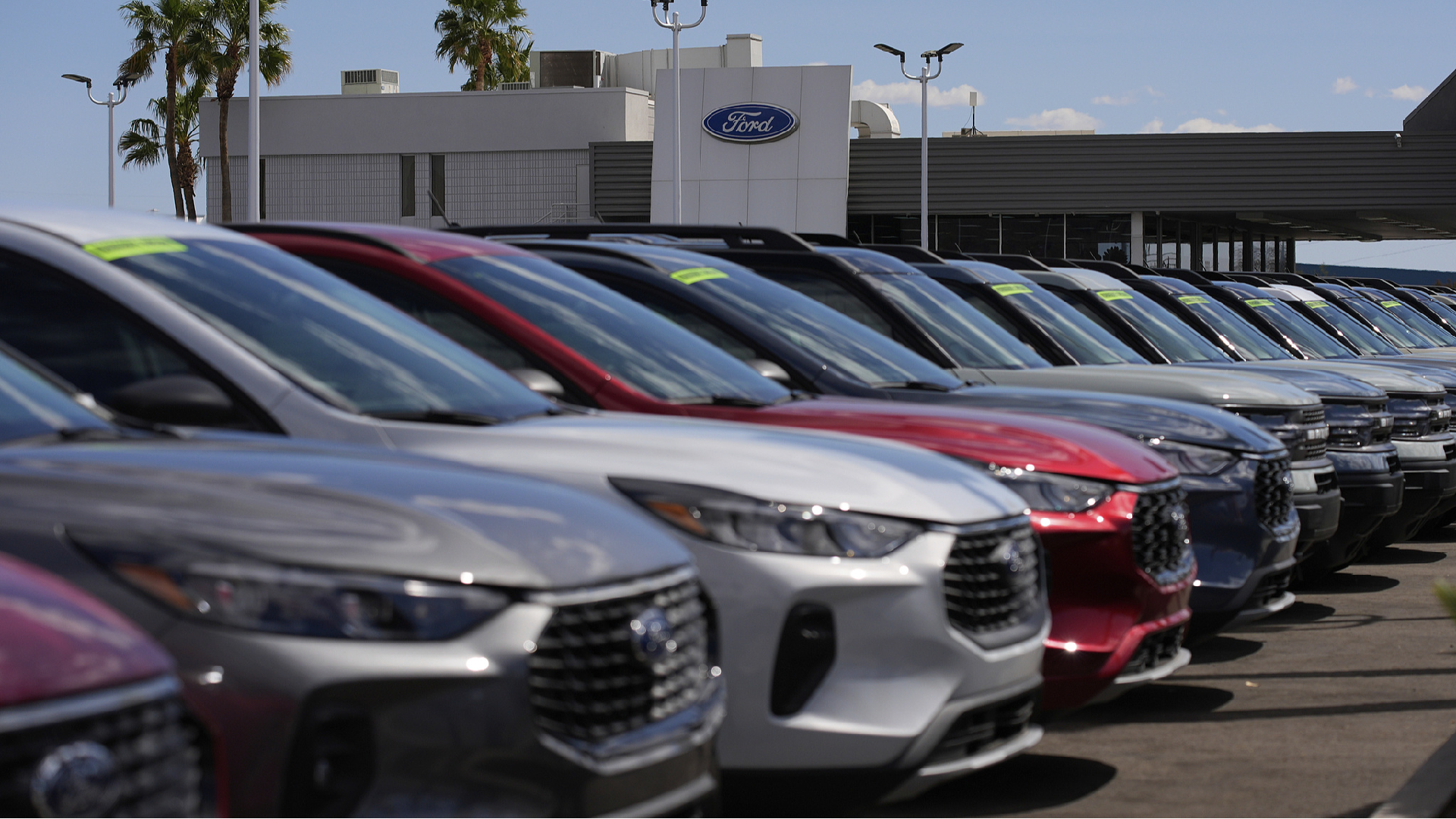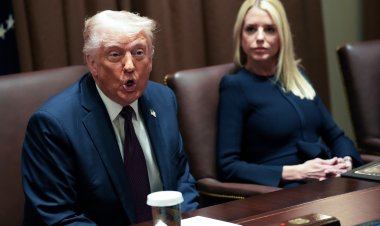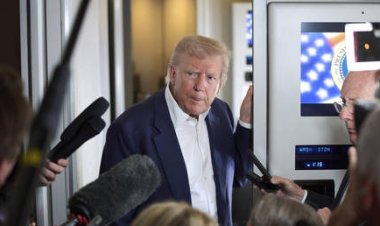Auto tariffs by Trump stir concerns of economic repercussions and trade conflicts
The Trump administration's 25 percent global tariff on passenger vehicles took effect on Thursday, intensifying trade tensions and leading to immediate warnings of increased consumer prices, production stoppages, and weakened alliances. Starting...

Starting April 3, these tariffs will apply to all imported passenger vehicles and light trucks, with a similar extension to auto parts set for May 3. This move represents the latest in a series of aggressive trade policies. While U.S. President Donald Trump has framed the initiative as a way to revitalize American automotive dominance, analysts caution that it may backfire by disrupting supply chains, raising costs for consumers, and alienating important trade partners.
Anderson Consulting forecasts that the tariffs could increase the cost of vehicles that depend on parts from Mexico and Canada by $4,000 to $10,000, whereas Cox Automotive anticipates a 30 percent dip in North American car and truck production—approximately 20,000 fewer units each day.
As U.S. consumers rush to purchase vehicles ahead of the tariffs' impact, experts indicate that once pre-tariff stockpiles run low, prices will escalate significantly, leading to a sharp decline in demand. Xu Feibiao, a researcher and director at the Center for the BRICS and G20 Studies at the China Institutes of Contemporary International Relations, noted, "In the long run, Trump's tariffs will redefine the automotive landscape. Sustained price hikes and limited availability could dampen consumer enthusiasm, pushing buyers toward used cars, public transit, or delayed purchases. This slump in demand would compound challenges for automakers already struggling with fractured supply chains."
Automakers and suppliers are already feeling the pressure of these duties, particularly those heavily involved in the long-standing North American Free Trade Agreement, which was rebranded as the United States-Mexico-Canada Agreement in 2020. Nearly 50 percent of U.S. auto parts imports come from Mexico and Canada, while Asian manufacturers provide specialized components to American partners through established trade frameworks. A Cars.com report from early February indicated that almost a quarter of new inventory vehicles in the U.S. were finalized in Mexico and Canada.
Prominent U.S. car manufacturers like General Motors and Ford, which rely significantly on Mexican parts, may experience production delays and increased costs. European luxury automakers such as BMW and Mercedes-Benz could also see their U.S. sales decline due to elevated prices. On Thursday, Nissan announced that it would stop accepting new orders for two models built in Mexico, while Stellantis plans to close its assembly plant in Windsor, Canada.
"Modern vehicle manufacturing is not confined to national borders. Automotive transatlantic value chains today are deeply interwoven," Matthias Zink, president of automotive supplier lobby CLEPA, commented. "These protectionist tariffs risk breaking apart a trading partnership built over decades."
These levies are part of a wider tariff strategy that Trump has vowed to enforce since his return to the White House in January, considering it a crucial aspect of his "Make America Great Again" agenda. Additionally, on Wednesday, he announced a 10 percent baseline tariff on all imports alongside higher reciprocal tariffs targeting specific economies, with implementation expected either Saturday or sometime next week.
The economic ramifications of these tariff actions are surfacing. U.S. manufacturing activity contracted in March for the first time in three months, with input costs reaching their highest point in nearly three years, according to a survey by the Institute for Supply Management. Goldman Sachs, citing concerns over weaker growth expectations tied to tariff-driven inflation and disrupted trade flows, has increased the likelihood of a U.S. recession to 35 percent within the next 12 months.
These tariffs also have the potential to exacerbate tensions with key allies. Mexico, which is the largest source of U.S. auto imports, along with South Korea, Japan, and Germany, faces new trade barriers despite existing agreements like the USMCA. The EU, which exported 749,000 vehicles to the U.S. last year, valued at €38.5 billion, has condemned the tariffs as economic unilateralism and has vowed to introduce retaliatory measures.
"The only solution for the European Union will be to raise tariffs on American products in response," asserted French Finance Minister Eric Lombard during a radio interview, critiquing the U.S. for "completely changing its economic policy in a very aggressive way."
Peter Navarro, Trump's chief trade advisor, emphasized the administration's tough stance by stating, "This isn't negotiation... this is a national emergency." Critics argue that such a policy undermines decades of diplomatic and economic cooperation. "The Europeans have realized that America, the nation they thought was their friend, is actually a rogue superpower," commented David Brooks, a political analyst, in a New York Times op-ed.
As the tariffs come into effect, global attention is focused on potential retaliatory actions. The EU has prepared targeted countermeasures against U.S. exports, while Canada has promised corresponding tariffs. The ultimate consequence of these policies will depend on whether they incite a negotiated adjustment in global trade or lead to a more fragmented and costly era of economic nationalism.
"There is a growing consensus that the U.S., under Trump's zero-sum approach, is no longer a reliable steward of the global economic order," Xu noted.
Thomas Evans for TROIB News
Find more stories on Business, Economy and Finance in TROIB business












